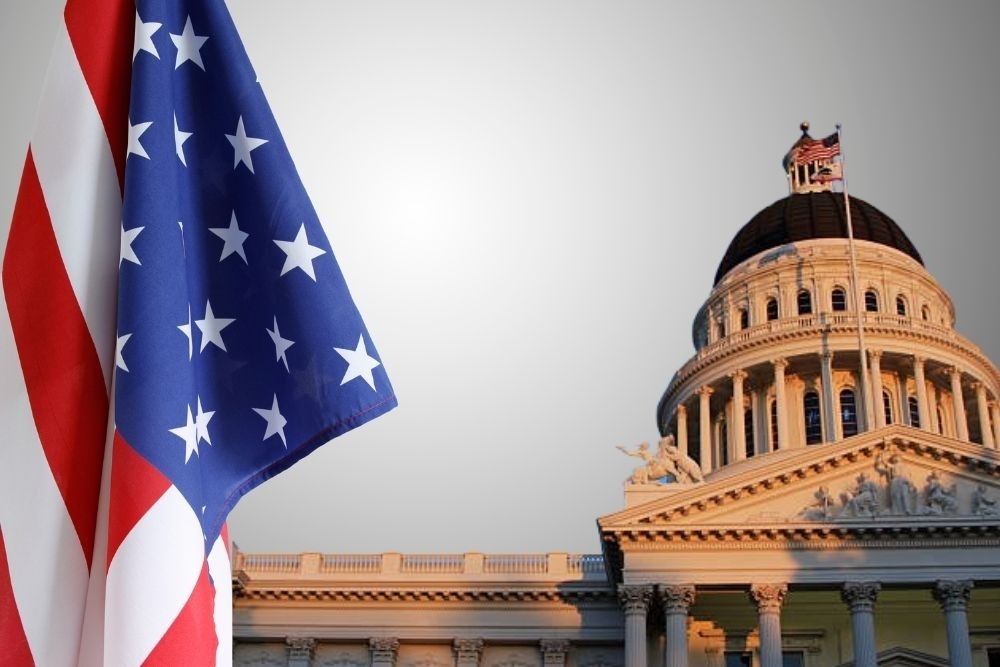AS DELIVERED
Thank you, Chris. And this is my first time being in this location as well. And I will tell you, this is my first reception and I have been here for a year and a half. So, I’m really delighted to welcome all of you here and thank you for joining us here tonight. And thank you for your interest in Professor Helfer’s campaign. And I want to welcome Dr. Helfer, and thank you for your commitment and willingness to take on this key role.
As many of you know, the Human Rights Committee oversees the implementation of the International Covenant on Civil and Political Rights — a core human rights treaty that entered into force in 1976 and has since been signed by 173 States parties. This treaty requires ratifying countries to respect and ensure many of our most sacred human rights and core values. These are human rights that underpin the dignity and quality of our daily lives. And assessing a government’s fulfillment of its obligations to these rights requires impeccable credentials. You need deep legal expertise in international human rights law and institutions. You need experienced diplomatic skills to engage with governments, court systems, NGOs, and individuals. And you need an open mind, an open mind to listen and learn from the cases brought before you.
Larry goes above and beyond these requirements. Over the course of his career, he has advanced international human rights law without ever losing sight of why it matters. It’s not only about what is written on paper, he says, but also how people actually experience their rights. In 2008, Larry read a front-page story in the New York Times and learned how an international court in West Africa, the ECOWAS court, had ruled in favor of a formerly enslaved woman in Niger. He saw an immediate and real-world connection to his academic research on human rights, so he traveled to West Africa to meet with the lawyers and judges to learn more directly from those involved. Larry wrote about this case and others in great detail, drawing out lessons for human rights advocates and legal experts that would have a transformative impact for other courts and legal bodies.
Years later, his work on accessibility and intellectual property converged when he learned that reading materials for persons with visual disabilities were unavailable in many developing countries due to copyright restrictions. Larry leaned into his expertise with both the World Intellectual Property Organization and the Convention on the Rights of Persons with Disabilities to urge governments to make these materials freely available in accessible formats.
And since it is Pride Month, I must mention Larry’s leadership on advancing the rights of individuals of minority and vulnerable groups, including LGBTQI+ persons. I mean appearing a decade ago before the UN Human Rights Council and serving as an independent voice. He has also questioned his own government — thank you, Larry — when we were wrong. I’ll let him tell the full story of that.
My point is that Larry works with and learns from actors in many legal contexts. He studies local, regional, and national systems and different treaty bodies. He’ll look at just one individual court case — like the case in West Africa — and see its broader implications. And he’ll draw out the common threads to that, to help everyone uphold human rights. Larry is open, he’s honest, he’s humble. He stands for what’s right and what the law says — no matter what. And I’m proud that the United States has put forward Larry as our candidate for election on June 17.
President Biden stated at the beginning of his term that U.S. foreign policy will be rooted in democracy and human rights, and nominating an independent expert like Larry for election to a UN human rights treaty body is putting that policy into practice.
Larry has done right by the world. I hope we can now do right by him. We’re counting on your support next week. Your votes will ensure one of our country’s brightest and most righteous legal minds continues to work on behalf of us all. Now, it’s my pleasure to invite our guest of honor to speak. Professor, over to you.
Original source can be found here.







